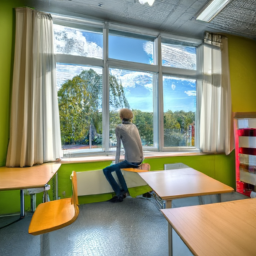238
Newsletter
Subscribe to our newsletter for exclusive content, latest news and trends, and exciting new features.
Tranding
Categories
EntertainmentEducation and learningLiterature and writingHome and gardenScience and natureHealth and wellnessEnvironment and sustainabilityMusic and EntertainmentFood and cookingLifestyleGaming and esportsTechnologySports and fitnessTravel and tourism
Business and entrepreneurshipArts and culturePets and animalsBeauty and personal care


















Comments
Leave a Comment